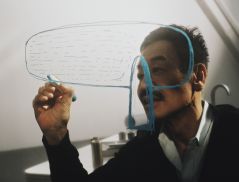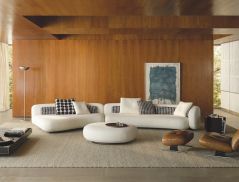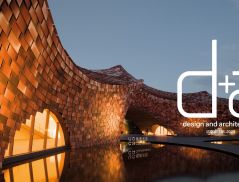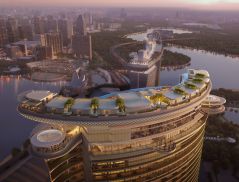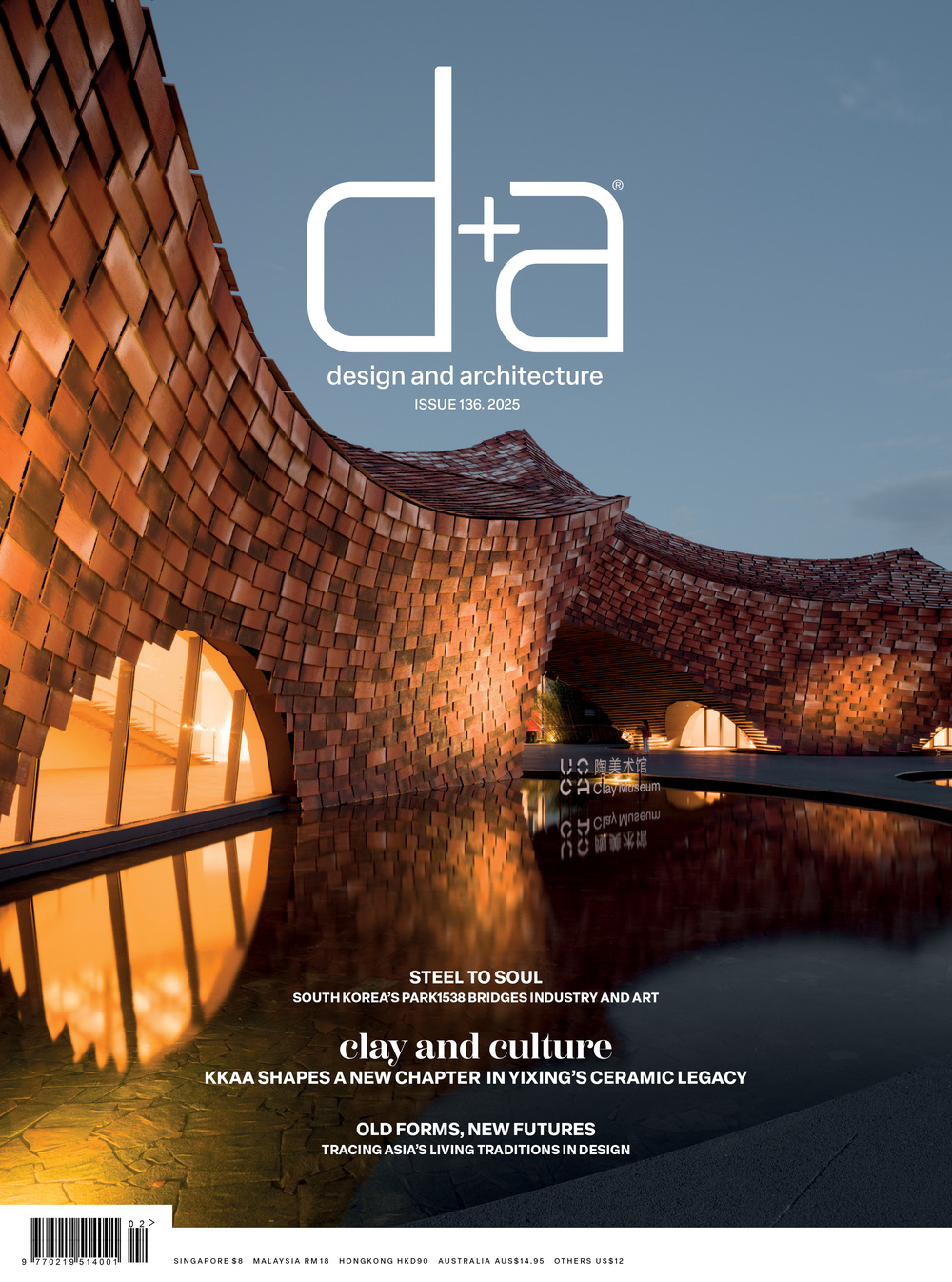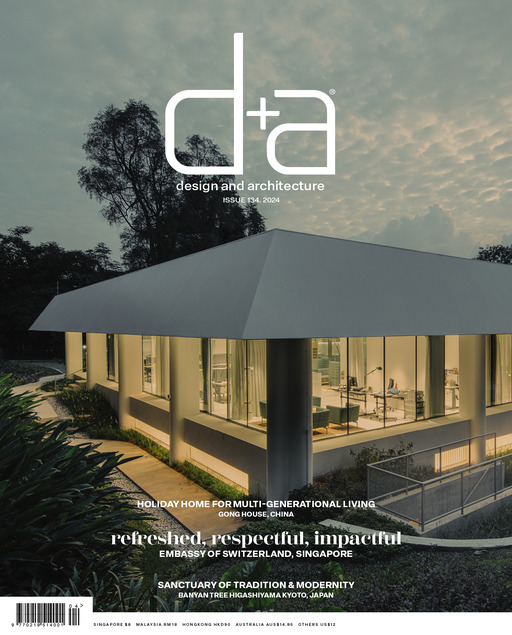
In this issue of d+a, we feature architectural projects that not only redefine our built environment but also reaffirm our intrinsic connection to nature.
Take for instance Kuala Lumpur’s Sentul Pavilion – a glass and steel structure nestled within a lush private park in the heart of the city. The pavilion, which serves as a multifunctional space, fuses with its natural surroundings while offering a tranquil oasis for both intimate gatherings and public events.
Across the globe, this ethos is also seen in the new House Maya in Andermatt, Switzerland. Exuding warmth and sophistication, the apartment’s living spaces overlook the surrounding natural beauty of the mountainous region. Designer Patricia Urquiola is also committed to using materials that are not only beautiful and durable but sourced in a way that respects and preserves the environment.
Another country that exemplifies its dedication to responsible design and sustainability is Japan. Thoughtfully designed by Kengo Kuma & Associates (KKAA), the Itomachi Hotel 0 is Japan’s first zero-energy hotel. Created as a community hub, the hotel’s inviting courtyards beckon guests to enjoy the outdoors. The garden’s communal uchinuki (well) whose water is derived from Saijo City’s underground reservoir is a focal point for interaction, rest and rejuvenation.
Furthering the frontier of sustainable living, the Banyan Group is now spearheading initiatives such as battery-powered villas, poised to operate entirely off the grid, and powered by 100% sustainable energy sources.
We also feature the sprawling Sanya Wellness Retreat, whose architects draw inspiration from the coastal landscape, along with local culture and craftsmanship. Similarly, the meticulously restored Rumah Kechik in the historic city of Malacca showcases well-preserved architectural features and traditional craftsmanship woven with a touch of modernity. Learn how Kaizen Architecture introduced an internal courtyard and fenestrations to the 200-year-old shophouses.
We also find out more about Milan Design Week’s Future Impact 2, which shone the spotlight on seven of Singapore's most innovative designers. Their new works harness cutting-edge technology, redefine production processes, and minimise environmental impact.
Happy Reading! Subscribe to d+a.


 Share
Share
